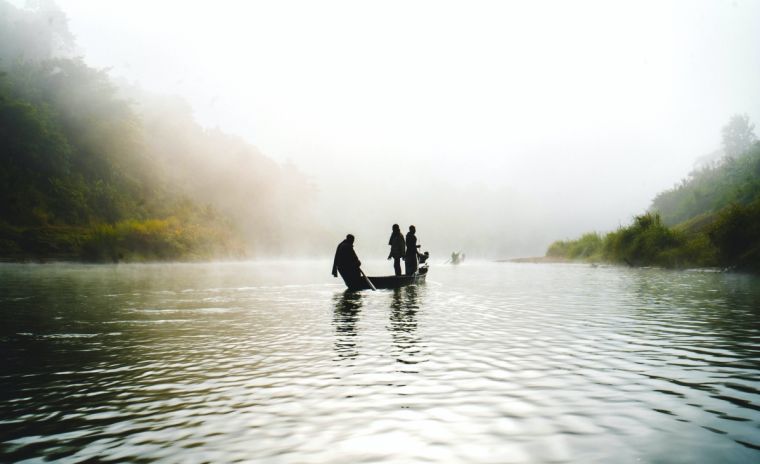Christians protest hostile climate in Bangladesh

Christians and other religious minorities in Bangladesh recently took part in the annual "Black Day" protest against the 1988 constitutional amendments that established Islam as the state religion, leading to persecution and discrimination against non-Muslims in the Muslim-majority country.
"With the amendment, the seed of sectarian politics has been planted," Asia News quoted Nirmol Rozario, a Christian leader who was part of the march on June 9, as saying. "In a country where Hindus, Buddhists and Christians also live, a single religion cannot proclaim itself as the state religion. We do not agree."
The number of Christians in Bangladesh is estimated at 1.6 million, which comprises around 1% of the country's population.
Rozario added, "In its Constitution, Bangladesh declares itself a secular country. But at the same time, it says that the state religion is Islam. This is a clear contradiction. And if this state of affairs continues, Islamic fundamentalism and religious hatred will end up creating serious problems."
Muslim radicals often have a level of impunity because police in Bangladesh tend to turn a blind eye to the persecution of religious minorities, Christian Freedom International said in an earlier report.
Despite reports that Christianity is growing in the country, CFI emphasized that Christians are forced to keep their worship activities secretive to prevent "retaliation" for their faith.
"Churches, especially house churches where Muslim-background believers meet, prefer not to display any Christian symbols in order to avoid being recognized," a report from the Christian persecution watchdog ministry Open Doors U.K. stated earlier. "Sometimes, even historic or mainline churches face opposition and restrictions in putting up a cross or other religious symbols."
"Religious minorities are often persecuted by the majority group," Rana Dasgupta, secretary-general of the Bangladesh Hindu Buddhist Christian Unity Council, was quoted by Asia News as saying. "For our security, we strongly demand a minority ministry and a commission for religious communities."
Bangladesh's society is deeply divided along political lines. Bengali nationalists, who are proud of the country's language and culture, favor the country's independence from Pakistan, which was established during the 1971 Bangladesh Liberation War, as they believe that religion alone does not form a cohesive national identity. They also believe that West Pakistan, what's called Pakistan today, imposed religious hegemony on its Eastern territory, East Pakistan, as Bangladesh was called before its independence.
Muslim nationalists, on the other hand, oppose Bangladesh's separation from Pakistan and supported the country's Islamization as their pride had been wounded by the independence.
Last year, at least 22 Rohingya Christian families who had fled to Bangladesh were attacked, a Christian pastor and his 14-year-old daughter were abducted, and a Christian church and school were vandalized in the Cox's Bazar area, which is home to thousands of refugees who fled ethnic and religious persecution in neighboring Myanmar.
The attack took place on Jan. 27, 2020, by machete-wielding Muslim Rohingya men on a Christian community, Radio Free Asia reported at the time.
In a report on his visit to Bangladesh as the U.N. special rapporteur on the situation of human rights in Myanmar, Yanghee Lee said at the time that Rohingya Christians were "in a most difficult position."
Courtesy of The Christian Post











